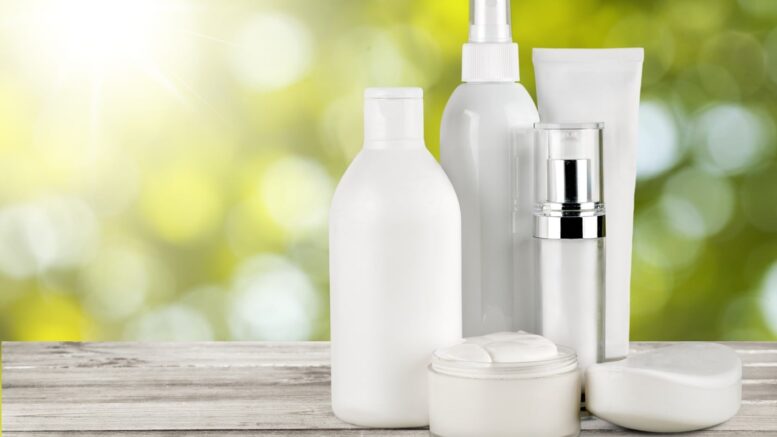Things You Should Know About Organic Cosmetics
Organic cosmetics are on the rise: they are good for the planet and good for health, and the range is growing to satisfy consumers. But do you know all of their benefits? Here are ten things you should know about organic cosmetics.
1. They are paraben-free
Conventional cosmetics contain endocrine disruptors and could thus favor certain cancers. Among these endocrine disruptors, parabens are preservatives with antibacterial and antifungal properties. They are found in many shampoos, shower gels, and moisturizing creams classic, unlike organic cosmetics.
2. They are certified by private organizations
Organic cosmetics are not certified by a public body but recognized by three private guarantees: Cosmebio, Ecocert and Nature & Progress. Each organization defines the ingredients and processes authorized to manufacture the guaranteed products.
The specifications also define the part of natural and organic components. In all cases, at least 95% of the ingredients are of natural origin.
3. They contain only 5% of unnatural ingredients
Organic cosmetics contain 5% (or less) of ingredients of unnatural origin. These are chemicals but are considered safe for health: perfumes, synthetic dyes, silicones and glycols are prohibited.
4. They are as pleasant to apply as conventional cosmetics
Given the consumer demand, brands have made much progress: goodbye thick textures difficult to apply, unpleasant odors and application discomfort. Whether in terms of packaging or sensoriality, organic cosmetics are more and more sensory and attractive.
5. They are as effective as other cosmetics
Organic cosmetics contain on average 30 to 40% of active ingredients, with high bioavailability. Classic beauty products usually only contain 1 to 2%. Thanks to the progress, organic brands offer beauty products that are both natural and effective.
6. They have a limited shelf life
A cosmetic product has a shorter lifespan than its industrial counterparts. Creams and organic care should be kept for 6 to 8 months, not beyond. As far as oils are concerned, the shelf life is the same.
7. They do not contain ingredients harmful to health or the planet
In conventional cosmetics, emulsifiers are of synthetic origin and generally derived from petroleum, they can be very aggressive for our skin and are also polluting.
In organic cosmetics, emulsifiers are of exclusively natural and vegetable origin.
8. They contain more active ingredients
The emulsion is a mixture of water and oil (a fatty phase which alone represents 80% of the product). In organic cosmetics, spring water or floral water are used. They are full of active ingredients and benefits to the skin, unlike distilled water, used in traditional treatments. Same concerning oils.
9. They are sometimes more expensive
In organic cosmetics, there are products at all prices but most have a cost higher than conventional cosmetics. The price of a product depends on the assets used in the product, but some raw materials are more expensive than others, especially those from nature because they are rarer and/or more difficult to obtain.
10. They are not tested on animals
Cosmetic tests on animals have been banned in most countries. But industrial cosmetics buy their raw materials in some other countries, and they can be tested on animals.
Organic cosmetics are different from conventional cosmetics by prohibiting any ingredient of natural origin involving the death of an animal.
You may also like:
Grants for Cosmetic Surgery

As a nutritionist, I research, find and experiment with recipes, natural diets and meal plans for weight loss, bodybuilding, and detoxing.
